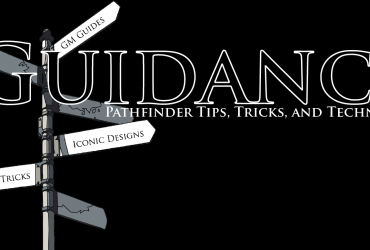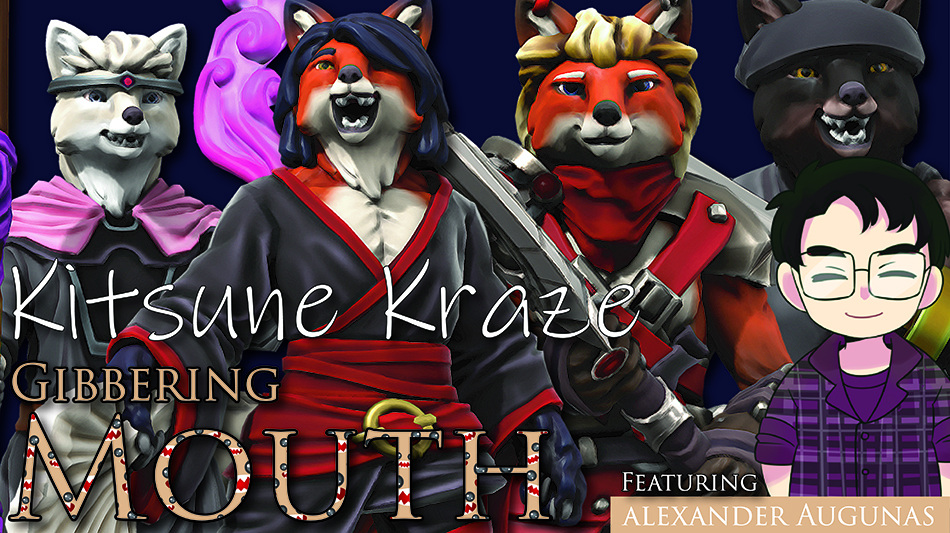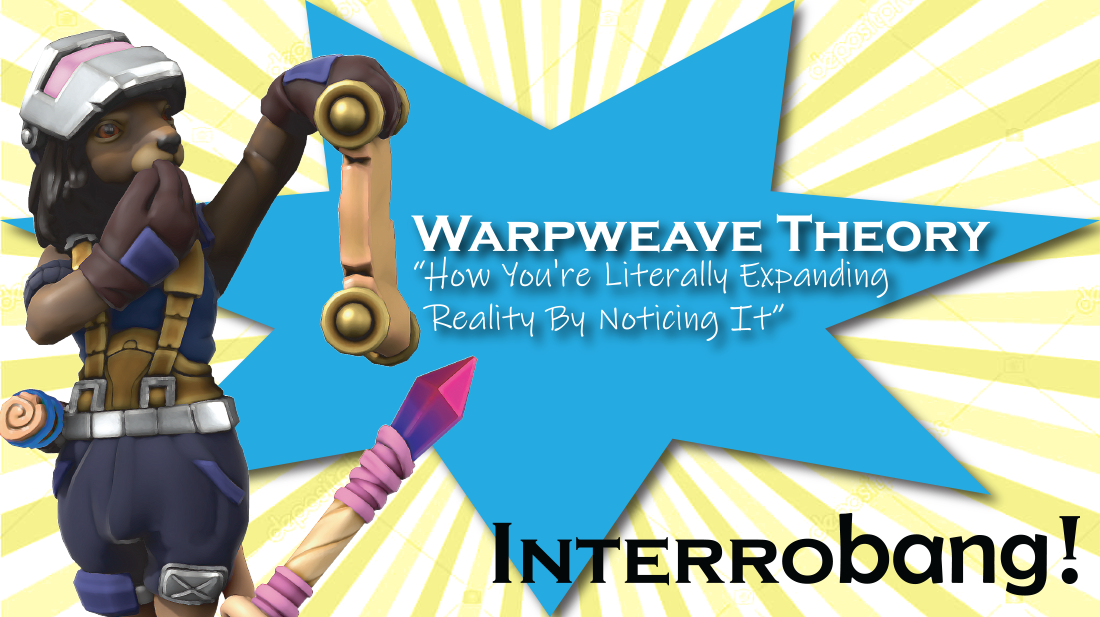Welcome to Guidance, Private Sanctuary’s source for tips and techniques for the Pathfinder Roleplaying Game, written by Everyman Gamer Alexander Augunas. Today, we’re going to be talking about GM PCs.
One of the most common things that I see GMs rag on is the idea of the GM PC. In a nutshell, GM PCs are full-fledged characters that “play” the game alongside the player characters. Mechanically they function like any other character, except the GM plays them. We touched on this idea briefly last week and the general consensus seems to be that most players don’t appreciate GM PCs and the practice is often frowned upon.
Personally, I don’t have a problem with the GM joining in on the adventuring action. That said, it takes a different mindset to run a GM PC and honestly, I’m not convinced that the term “GM PC” is a very good one to use for this type of character. Let’s get on with the show.
So You’re Playing in Your Own Sandbox
There are plenty of good reasons to want to run a GM PC. One of the most common reasons that I’ve seen is that GMs are able to craft a game that they will personally enjoy, something that other GMs may not provide them with. For example, if my buds love the Forgotten Realms setting and I can’t get them to run Golarion, then running a game in Golarion and putting my dream PC into the mix might be my best shot of actually getting to play the character I want. In that respect, having a GM PC can scratch an itch that you’ve been dealing with for a white.
But as we touched on last week, there are plenty of inherent dangers in playing a GM PC. The biggest one is spotlight syndrome, the temptation for a GM to use his position as rules arbiter in the game to give his GM PC an unfair amount of power or importance in the campaign setting. For example, I had a friend GM a game for us that was set in the Wheel of Time world. His GM PC was captain of our ship and in our very first encounter with an enemy ship of pirates; the GM very heavy-handedly constructed the encounter so that we (the PCs) needed to do exactly what this character said in order to win. Sure enough, when we went below decks at the captain’s behest, he used some super powerful teleporting McGuffin in order teleport the ship away from the raiding pirates, causing anyone left aboard the boat to explode into grisly bits. Meanwhile we were actually doing fairly well in the combat until the GM flat-out told us that we would need to do what the captain wanted in order to prevent becoming overrun by pirates.
Obviously, this is not how you run a GM PC successfully. So, how do you do it? First, you need to accept this one, teeny little fact:
You will never be a PC
This is the most important rule of being a GM PC: you will never be a PC, and frankly the phrase “GM PC” isn’t all that correct, anyway. To be called a PC assumes that your abilities will be roughly equal to those of the other PCs, and you should NEVER be as powerful as your players. It paints an image of you as a GM with his fingers stuck into too many pies. Instead, if you want to play in your own campaign it is much better to do so as an unassuming character. The best choices that I can think of are party buffers (like most divine spellcasters), healers (like clerics or oracles), or story exposition bots (bards are especially good at this, but so are inquisitors). Let’s talk about why those roles make great GM characters quickly.
- Party Buffers: You make the party better at what they want to do well. In that sense, you’re valuable but often contribute very little on your own. You add to your PC’s power without overshadowing it. Bards, Clerics, and Oracles are really good characters for this.
- Healers: Hey, look! It’s that role that over 70% of players never want to do! Your players will love you for giving them a healer and better still, THEY WILL DEFEND YOU WITH THEIR LIVES. Plus you can throw even harder encounters at them because you know they’ll have a healer at their backs.
- Story Exposition Bot: You ever want to tell your PCs something cool, but they either they lack ranks in a crucial Knowledge skill or fail miserably at their role? Your GM PC can know whatever you want it to know without needing any dice at all. This is a great use of a GM PC because as G.I. Joe always said, Knowledge is Power! Your PCs will love you for this extra look at the world.
- The Red Shirt: Although I didn’t list it above, killing off a GM PC can have a powerful psychological effect on a party. It is a great way of showing your players that the kid gloves are off, no one is safe, and the encounter will likely kill them too if they’re not careful. However, this strategy only works if you build up an attachment for the GM PC. If the PCs don’t care about him, this eventual goal is worthless.
And that, my GMs, is how you run a successful GM PC. Sorry for this week’s shortness; I’ve been scrambling to play catch-up after that massive eight page article on fighters vs. slayers and needed a quickie. Sue me. Anyway, what do you think? Would you ever consider running a GM PC or is there too much negativity surrounding the idea to appeal to you? Have you (as a player) ever had a run-in with a GM PC? How was it handled? Leave your questions and comments below and until next time!
Alexander “Alex” Augunas has been playing roleplaying games since 2007, which isn’t nearly as long as 90% of his colleagues. Alexander is an active freelancer for the Pathfinder Roleplaying Game and is best known as the author of the Pact Magic Unbound series by Radiance House. Alex is the owner of Everyman Gaming, LLC and is often stylized as the Everyman Gamer in honor of Guidance’s original home. Alex’s favorite color is blue, his favorite Pathfinder Race/Class combination is kitsune red shirt. Not sure why, though, because the red shirt’s only class feature is to give PCs a morale bonus when he dies.






Leave a Reply